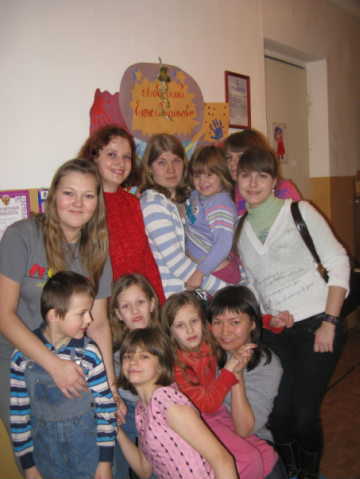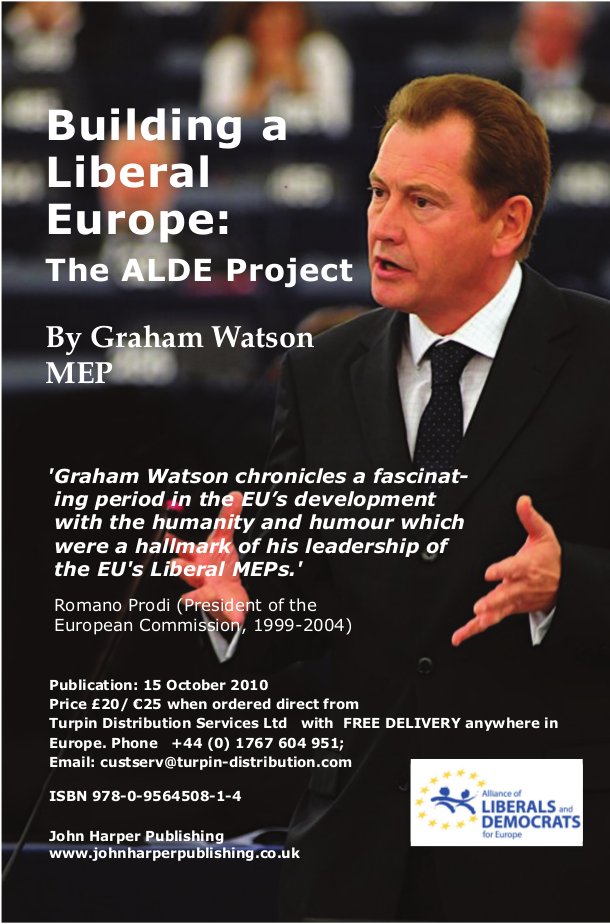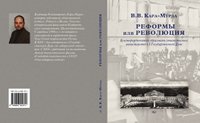Boris Vishnevsky: The lessons of symmetry. Why the Russian Foreign Ministry does not allow member of the PACE delegation to Russia
Novaya Gazeta, 28.05.2020
Photo by Vladimir Klopovsky, Obzor: Emanuelis Zingeris and Boris Nemtsov
Two years ago, in the summer of 2018, the deputy of the Sejm of the Republic of Lithuania and one of the most famous Lithuanian politicians Emanuelis Zingeris was banned from entering Russia for five years. Meanwhile, he was not going to come for sightseeing, but as a PACE special rapporteur to investigate the murder of Boris Nemtsov – to prepare materials for the report and interview Russian officials.
Russia is a member of the Council of Europe and is obliged to contribute to the preparation of the report. And then Zingeris was “notified” by the Russian Foreign Ministry about the ban, without explanation.
I then sent an inquiry to Minister of Foreign Affairs of Russia Sergei Lavrov with a request to inform me what was the matter. The answer that came from Igor Neverov, [then] Director of the Second European Department of the Ministry of Foreign Affairs of the Russian Federation, was for some reason marked “For official use only”, although there was no official secret in the response to the deputy’s request and cannot be any.
The Foreign Ministry confirmed that Zingeris was banned from entering Russia “as part of a response to the unfriendly actions of Lithuania”, which forbade a number of Russian politicians and officials from entering the country. Yes, they were banned – as part of the Magnitsky Act, as guilty of human rights violations. Zingeris neither violated human rights, nor organised and nor covered torture and lawlessness, but he is banned from entering Russia.
The Foreign Ministry also said that PACE adopted in 2014-15 resolutions limiting the powers of the Russian delegation, which is why it has not been able, since January 2016, to constantly participate in the work of PACE. If so, the visits of PACE rapporteurs to Russia are now “not being carried out.”
Indeed, the powers of the Russian delegation were limited after the annexation of Crimea and the conflict in eastern Ukraine. In June 2019, these powers were fully restored – after the foreign ministers of the Council of Europe member states called for all members of the organisation to be given equal rights, including participation in the work of the assembly.
In April 2020, I forwarded to Sergei Lavrov a new inquiry: since the main obstacle – of Russia’s non-participation in the work of PACE – is removed, inform me what measures the Foreign Ministry is taking to facilitate the visit of Zingeris, as PACE rapporteur, to Russia. How can he prepare a report without visiting Russia and without interviewing those who should be interviewed?
In May 2020, an answer came – also with the “For official use only” stamp — from Sergei Belyaev, the new Director of the Second European Department of the Ministry of Foreign Affairs, who verbatim repeated the first part of the previous answer: Zingeris was denied entry “as part of our response to the unfriendly actions of Vilnius”. And as soon as Lithuania removes these measures, “it will be possible to return to the question of Zingeris’s entry into the Russian Federation”.
A reminder that the Russian delegation has resumed working in PACE came “unnoticed” by the Foreign Ministry. And that’s why.
Zingeris did not intend to come to Russia as a deputy of the Sejm (in what capacity he was denied entry). He was going to come as a PACE rapporteur. The obligations of the member states of the Council of Europe under the PACE are higher than national sanctions.
That is why four Russian State Duma deputies, members of the Russian delegation to PACE – Leonid Slutsky, Leonid Kalashnikov, Igor Lebedev and Svetlana Zhurova – are allowed to PACE meetings in Strasbourg, despite the fact that they are under EU sanctions and are denied entry to France.
According to the diplomatic principle of reciprocity, PACE rapporteurs must also be allowed into the Council of Europe countries, even if they are under national sanctions (like Zingeris). And if this principle is not respected by one of the sides, then the other side has every right to take the same stance.
In other words, if the official position of the Ministry of Foreign Affairs is not to let Zingeris enter Russia, the French authorities theoretically have every right not to let the listed “four” led by Mr. Slutsky into Strasbourg. They cannot be blamed for the symmetrical answer.
In general, what we see is a complete refusal of the Russian authorities to cooperate with international supervisory mechanisms in the Nemtsov case. Why do they act like that is quite obvious: they categorically do not want to allow an independent investigation into the murder of Nemtsov. As its true picture may be revealed.
And then a Mr. Zingeris will come and start asking public prosecutors questions: why, for example, at the time of Nemtsov’s murder, all the cameras on the Bolshoi Moskvoretsky bridge suddenly stopped functioning?
Or why in a country with enormous powers of the “siloviki” [the security and the law enforcement] they never managed to detain a man who could very well have been the organiser of the murder, but hid in Chechnya and turned out to be inaccessible to the law enforcement?
Or to what extent the investigation have studied the consequences of the version of a revenge on Nemtsov for his political views, activities and statements?
It is easier not to let Zingeris to enter Russia – and there are no problems.
In this case, there are no uncomfortable questions or unwanted answers.
Moreover, one cannot make him sign a “pledge of secrecy”.
Source: the Novaya Gazeta web-site
is Deputy Chairman of the Yabloko party, member of Yabloko’s Federal Political Committee and head of the Yabloko faction in the St.Petersburg Legislative Assembly
Posted: June 1st, 2020 under Foreign policy, Freedom of Speech, Human Rights, Murder of Boris Nemtsov, Russia-Eu relations.











